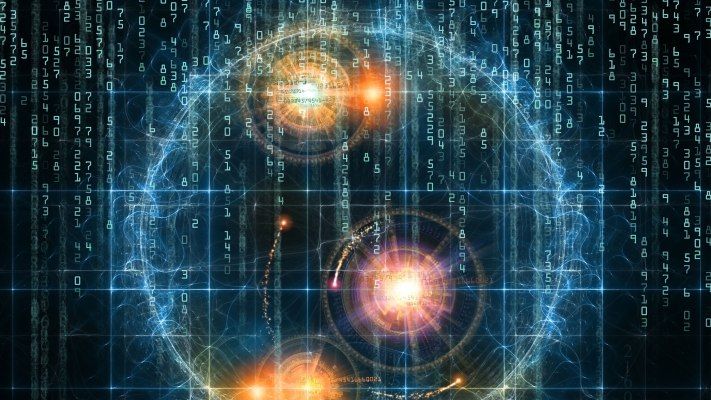That most famous characterization of the complexity causality, a butterfly beating its wings and causing a hurricane on the other side of the world, is thought-provoking but ultimately not helpful. What we really need is to look at a hurricane and figure out which butterfly caused it — or perhaps stop it before it takes flight in the first place. DARPA thinks AI should be able to do just that.
A new program at the research agency is aimed at creating a machine learning system that can sift through the innumerable events and pieces of media generated every day and identify any threads of connection or narrative in them. It’s called KAIROS: Knowledge-directed Artificial Intelligence Reasoning Over Schemas.
“Schema” in this case has a very specific meaning. It’s the idea of a basic process humans use to understand the world around them by creating little stories of interlinked events. For instance when you buy something at a store, you know that you generally walk into the store, select an item, bring it to the cashier, who scans it, then you pay in some way, and then leave the store. This “buying something” process is a schema we all recognize, and could of course have schemas within it (selecting a product; payment process) or be part of another schema (gift giving; home cooking).
